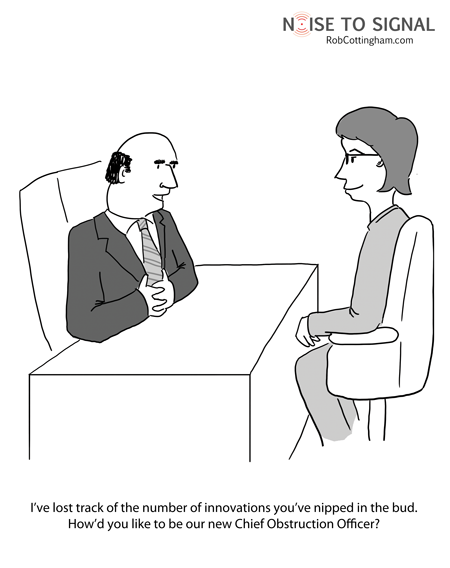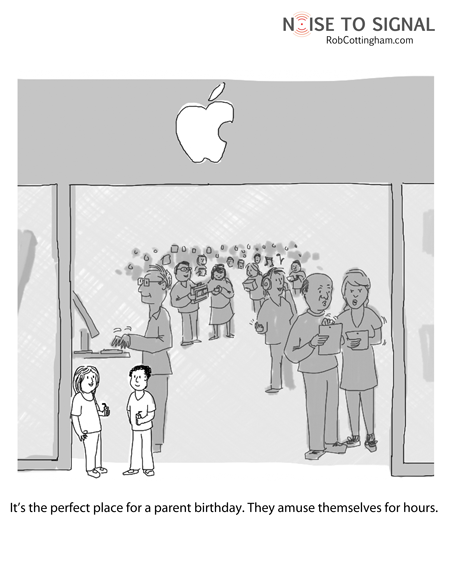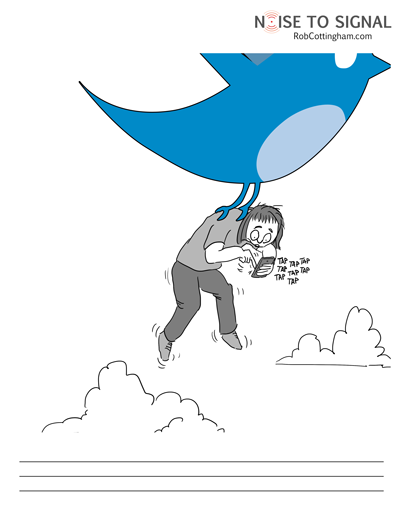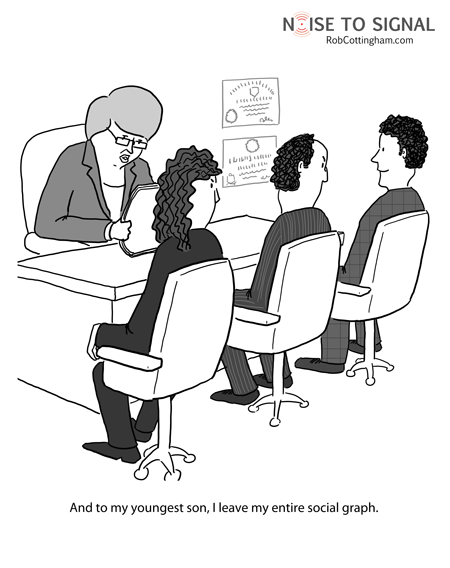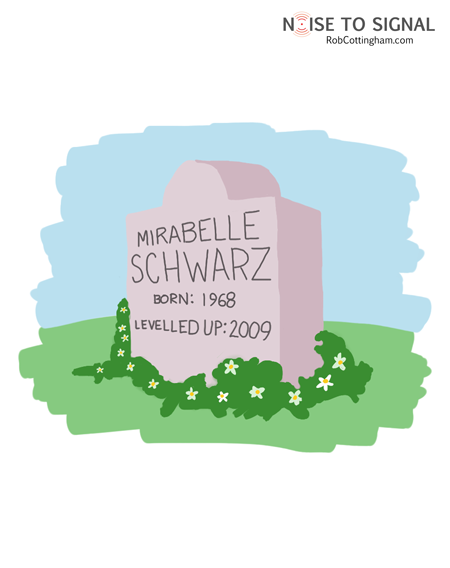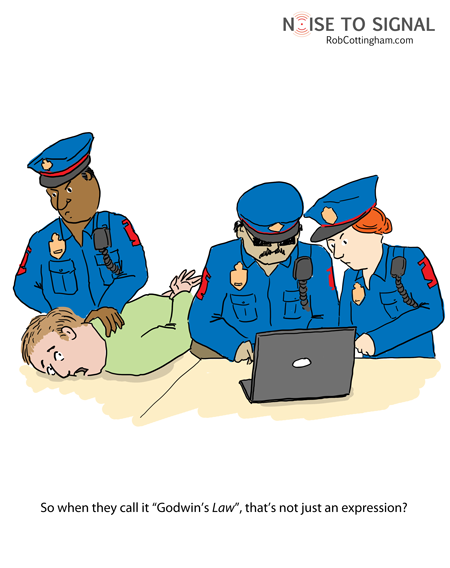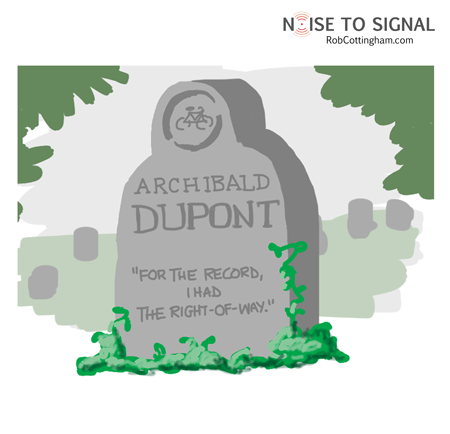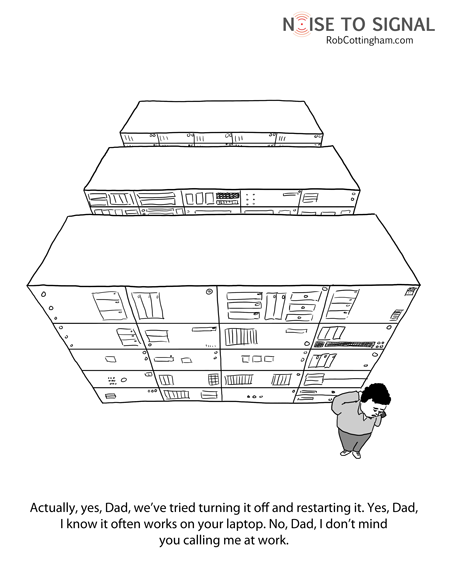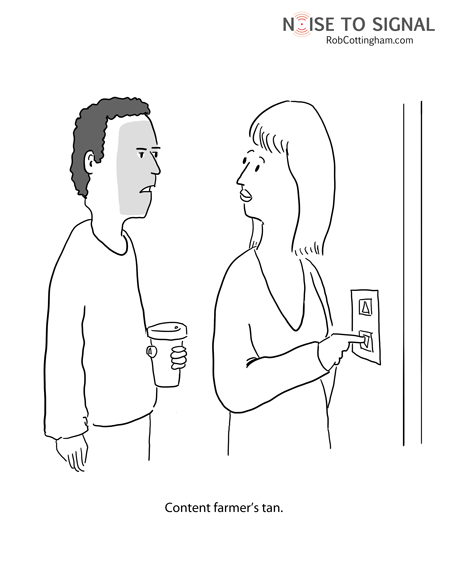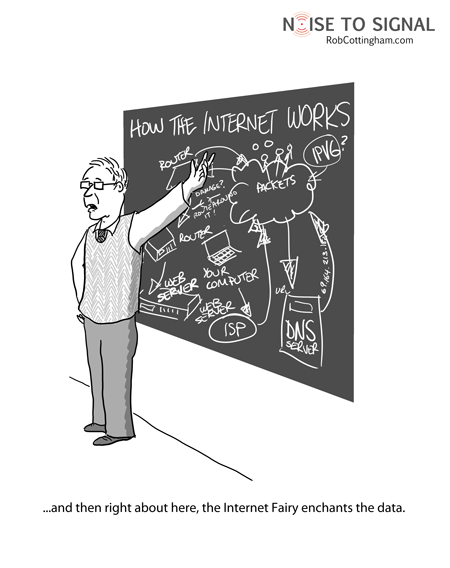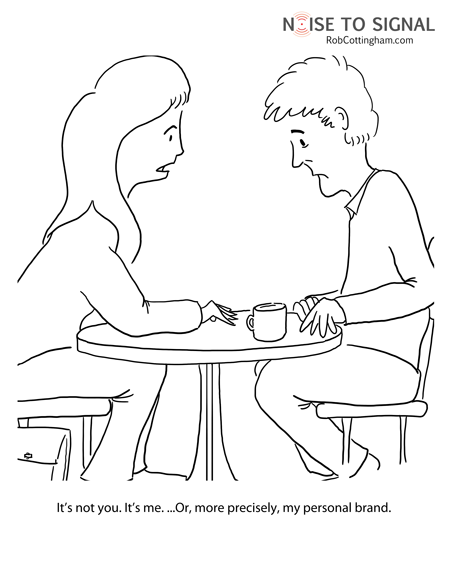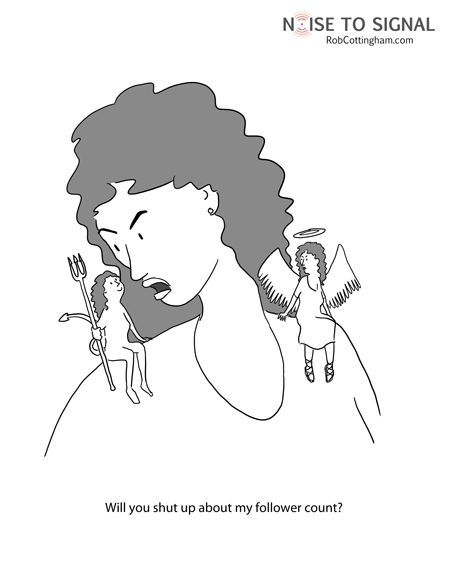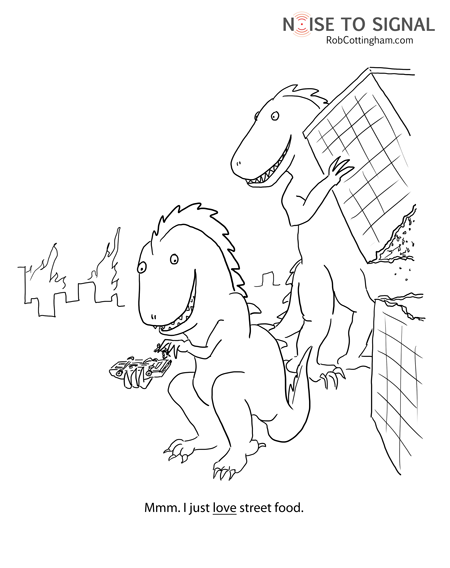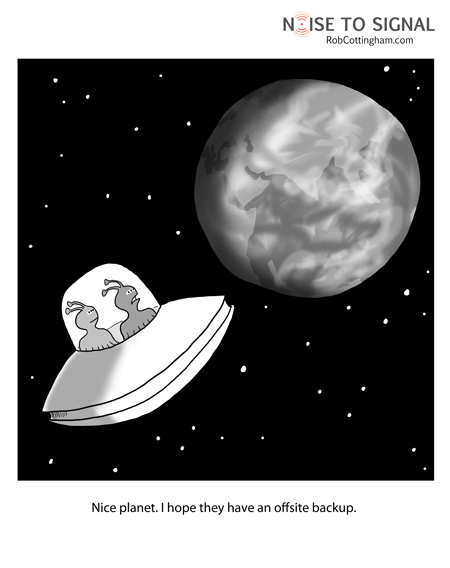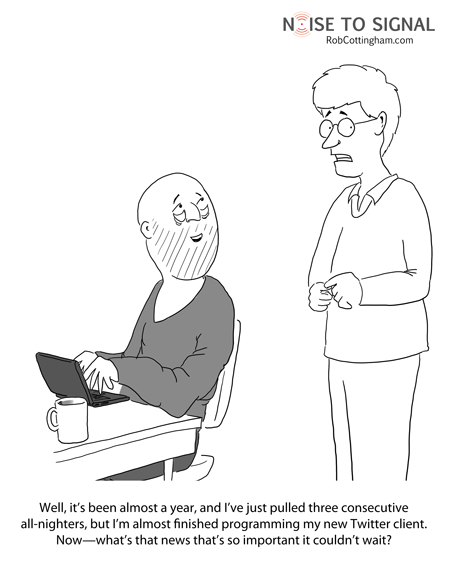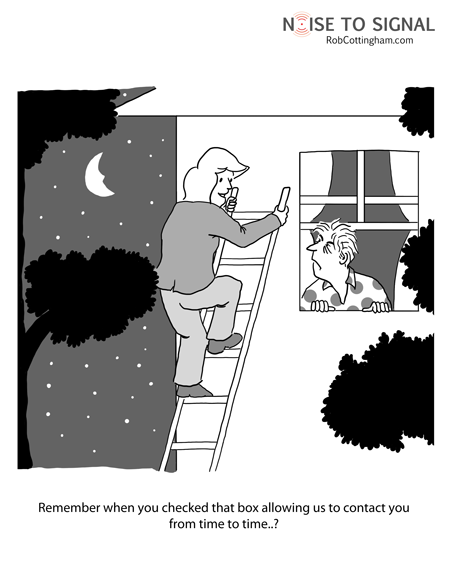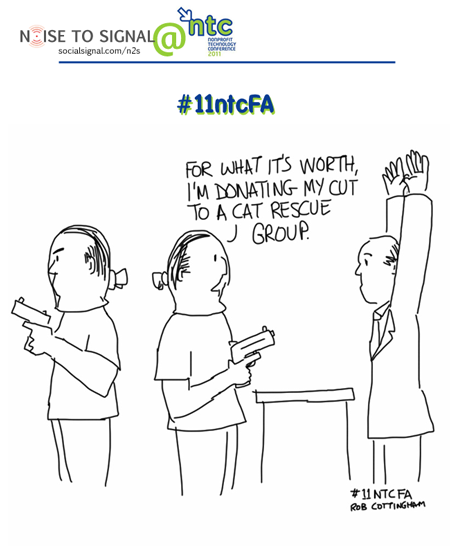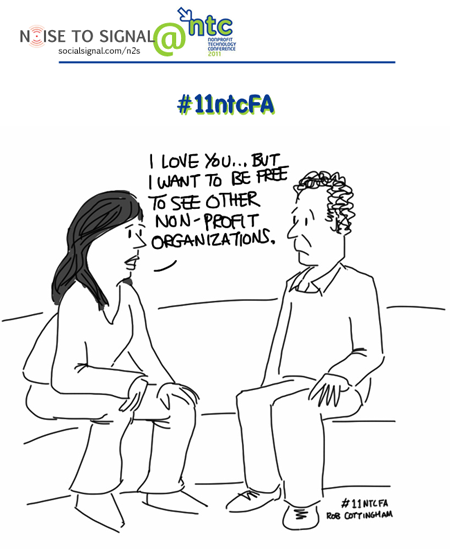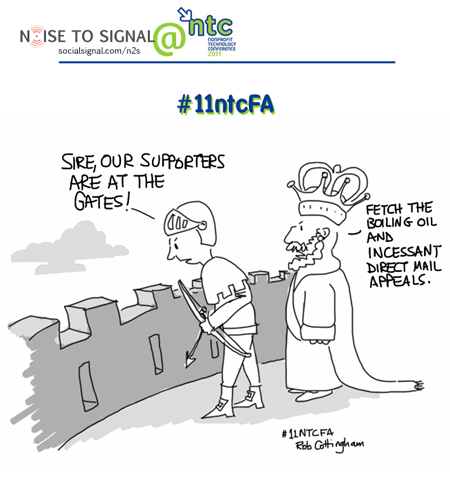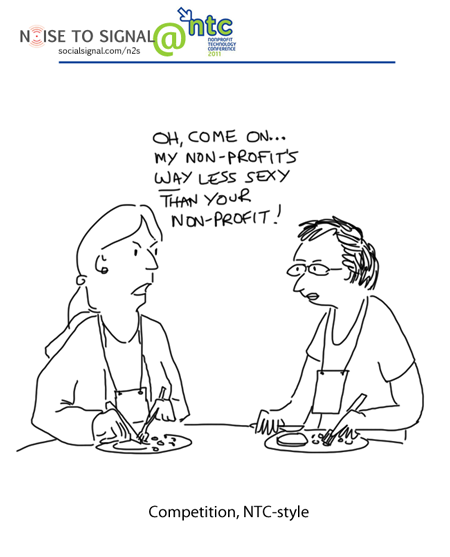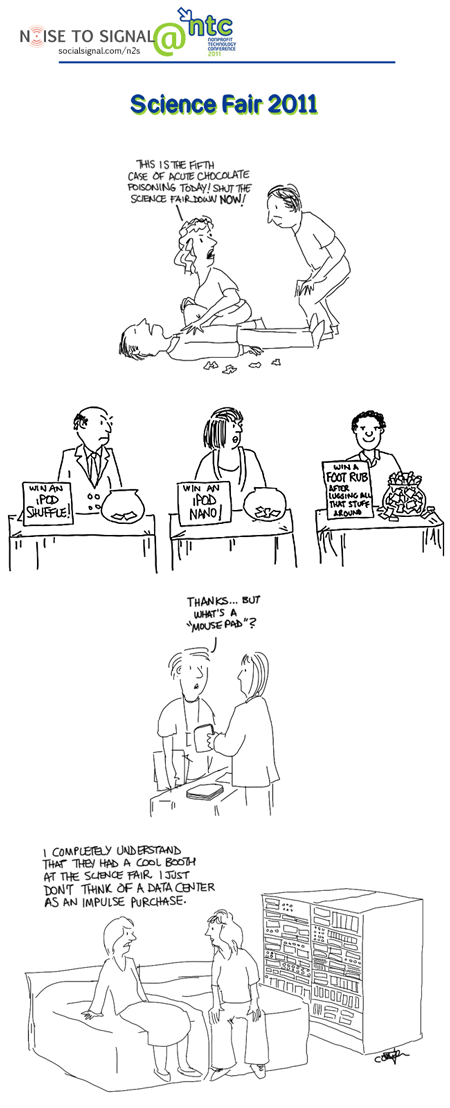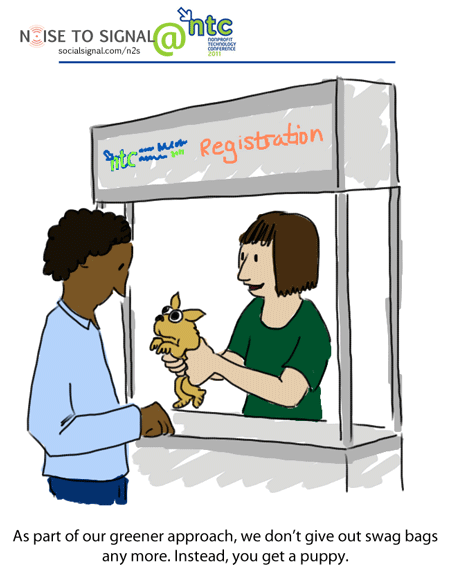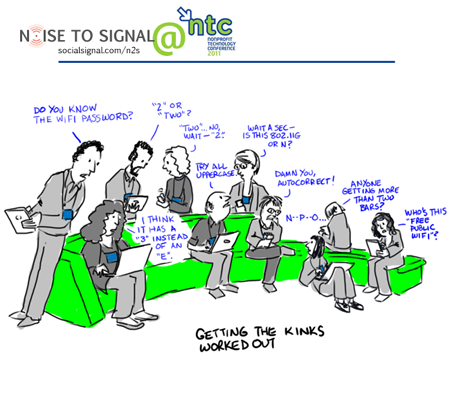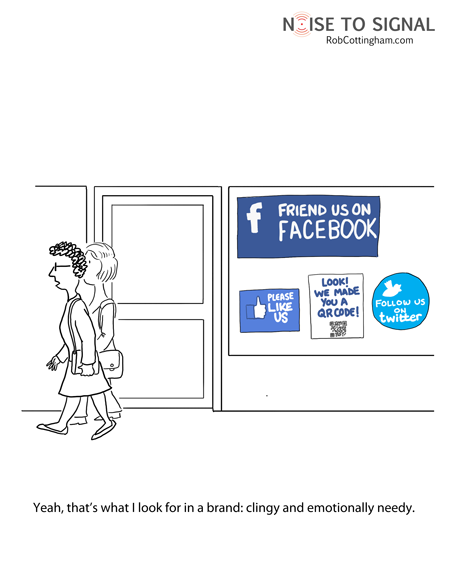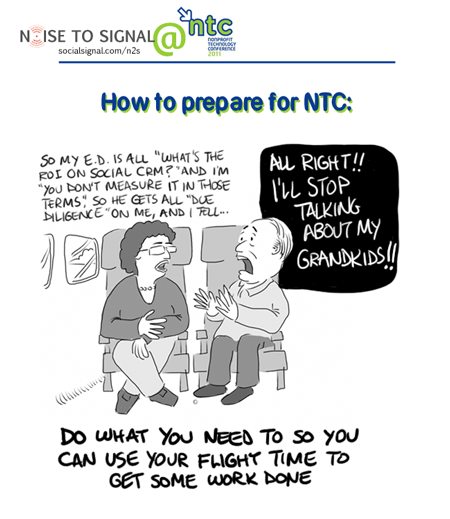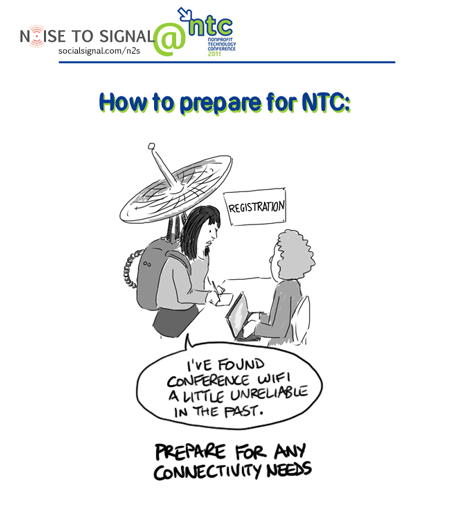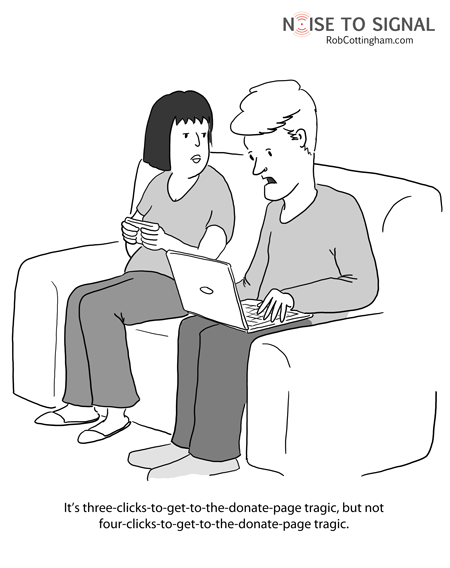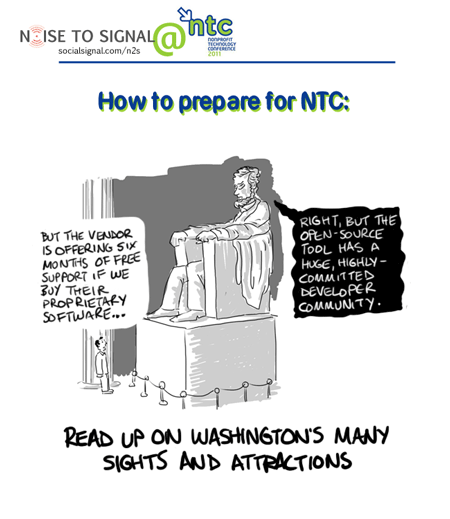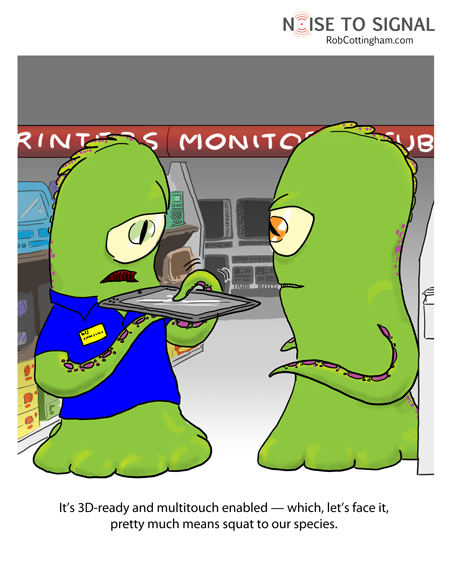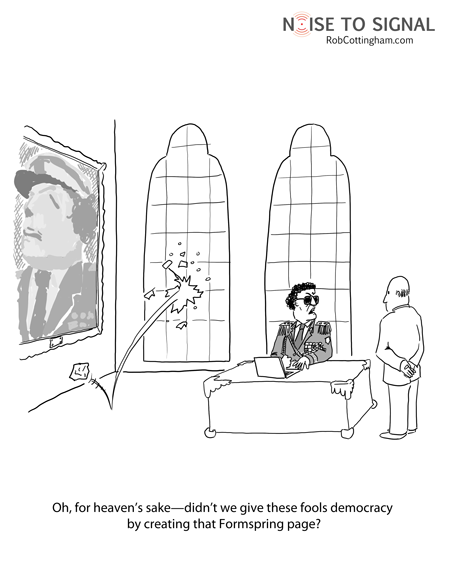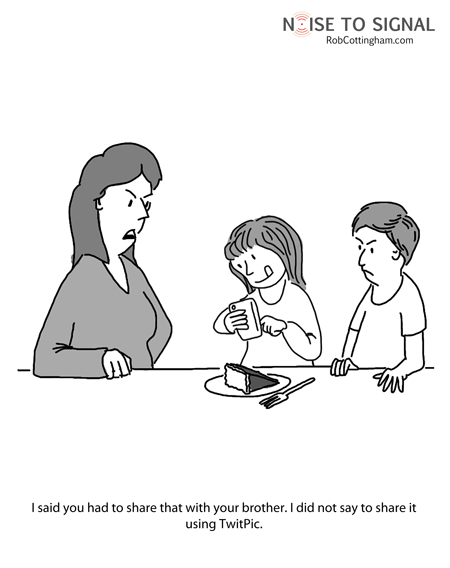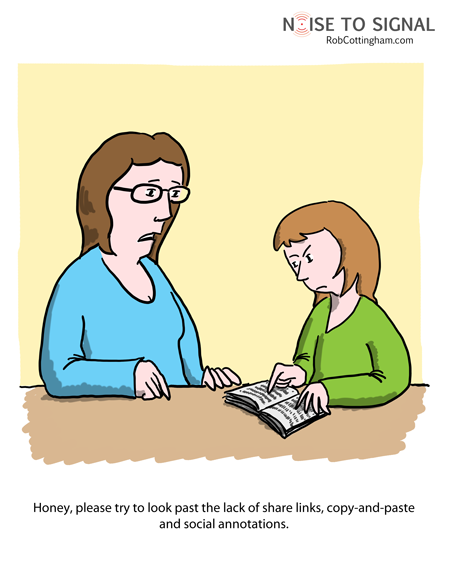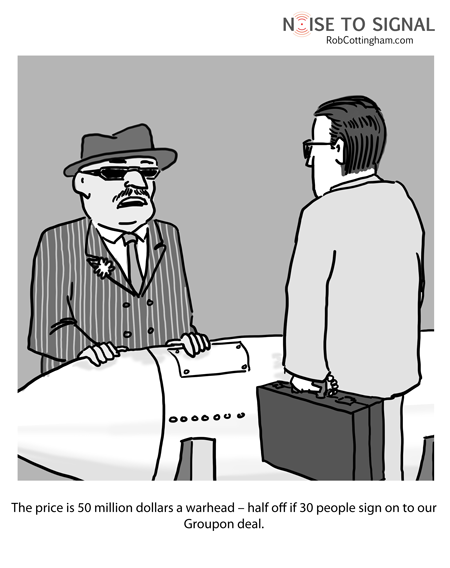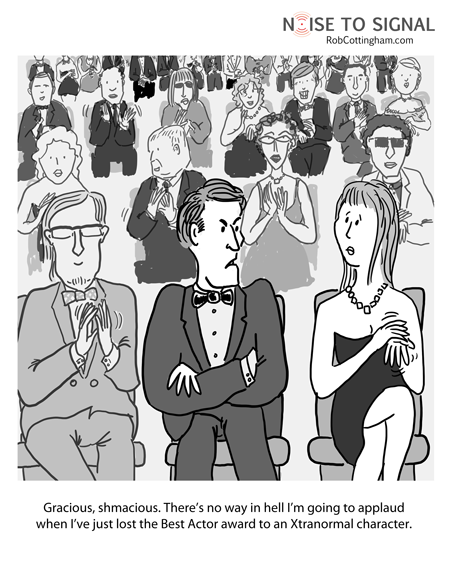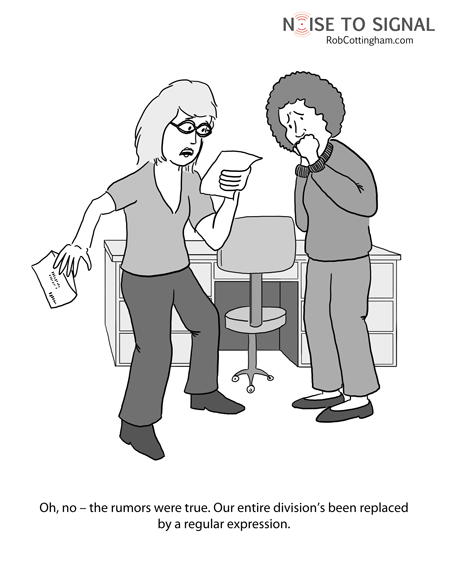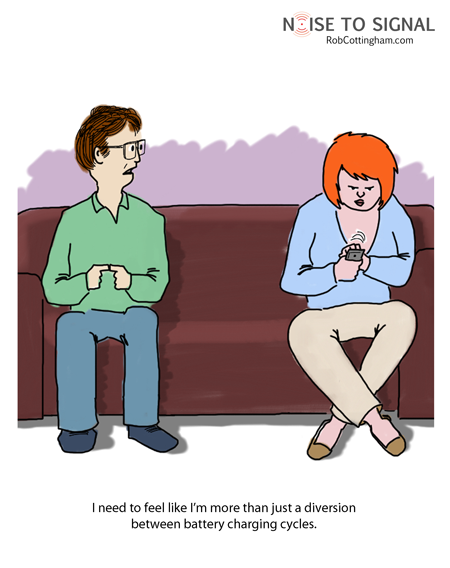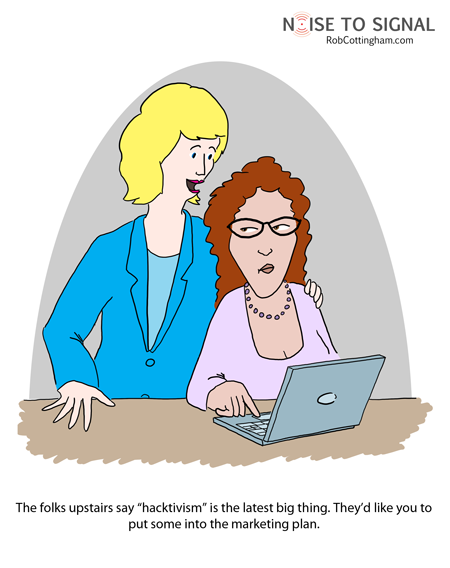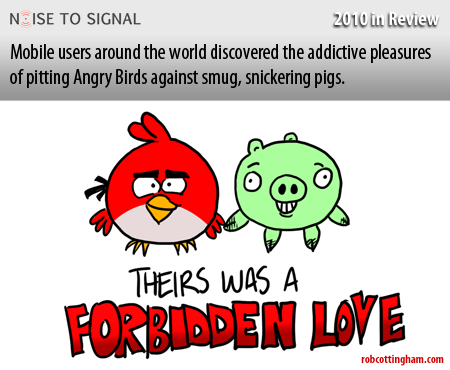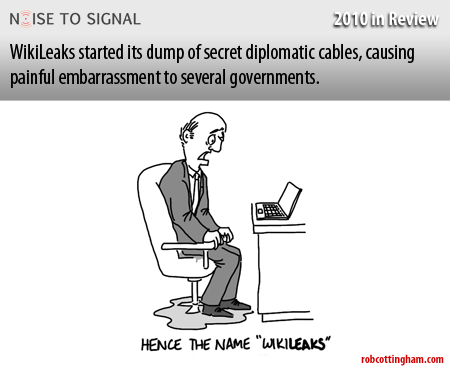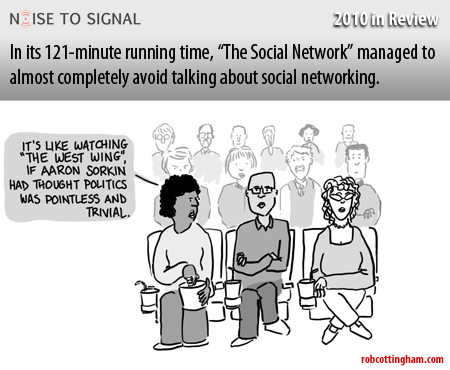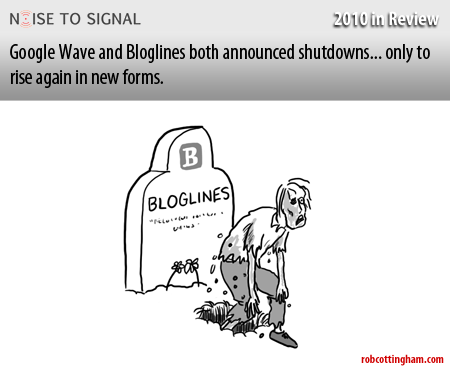Every organization seems to have at least one Dr. No: someone whose role in life appears to be to come up with a dozen reasons not to proceed with an intriguing idea… or even to explore it further.
That’s true in even the most traditional fields, but if you’re working in an emerging field like social media, you probably run into it constantly. And you may have learned such strategies as…
- apologizing after the fact instead of asking for permission beforehand
- keeping your project under the radar until the organization is so invested in it that they can’t back down
- cultivating allies of greater or equivalent rank, who can defend your project against the slings and arrows of outrageous nay-saying
- seething silently, venting anonymously to other social media or tech types online, and biding your time until your Negative Nelly or Quarrelsome Quentin retires
- freshening your resumé, trolling LinkedIn and hoping to find green(light)er pastures elsewhere.
Or you could do something completely insane: getting to know what makes your nemesis tick, identifying the fears or doubts that keep them up at night, and addressing them. In short, you could engage with the enemy honestly and try to bring them around to a more positive outlook. (And if that doesn’t sate your lust to avenge a beloved cancelled initiative, you can always reflect on what Abraham Lincoln supposedly said about destroying your enemies by making them your friends).
Best-case scenario: you gain a supporter. Worst-case scenario: they win you over to their bleak, despairing view of the world. In which case, at least you can while away the hours… by finding reasons to say no to other people’s projects.
Hey, folks: have you entered the caption contest yet?

